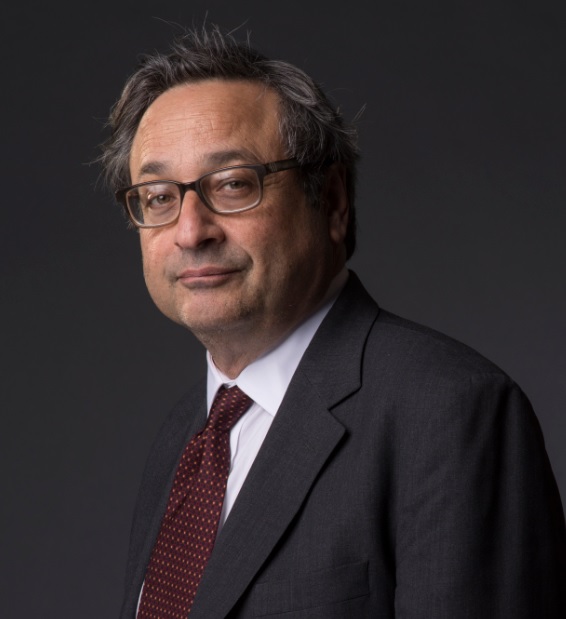
Andrew Delbanco (Center Trustee; Fellow, 1990–91; Fellow, 2002–03)
November 12, 2015
Ralph Waldo Emerson died in 1882, but he is still very much with us. When you hear people assert their individualism, perhaps in rejecting help from the government or anyone else, you hear the voice of Emerson. When you hear a self-help guru tell people that if they change their way of thinking, they will change reality, you hear the voice of Emerson. He is our apostle of individualism, our champion of mind over matter who preaches a bracing, if a bit chilly, self-reliance. This webinar will consider key questions about him and his work. Why did Emerson, an ordained Unitarian minister, resign from the ministry? What was it about organized religion that he could not accept? What was “Transcendentalism,” and why was it a scandal in its time? Was Emerson our first “public intellectual”? What was the relation between philosophy and politics — especially anti-slavery politics — in antebellum America? What is the legacy of Emerson for our own time? Is “self-reliance” still a credible concept in American life?
Subjects
Literature / History / Individualism / American History / Transcendentalism /